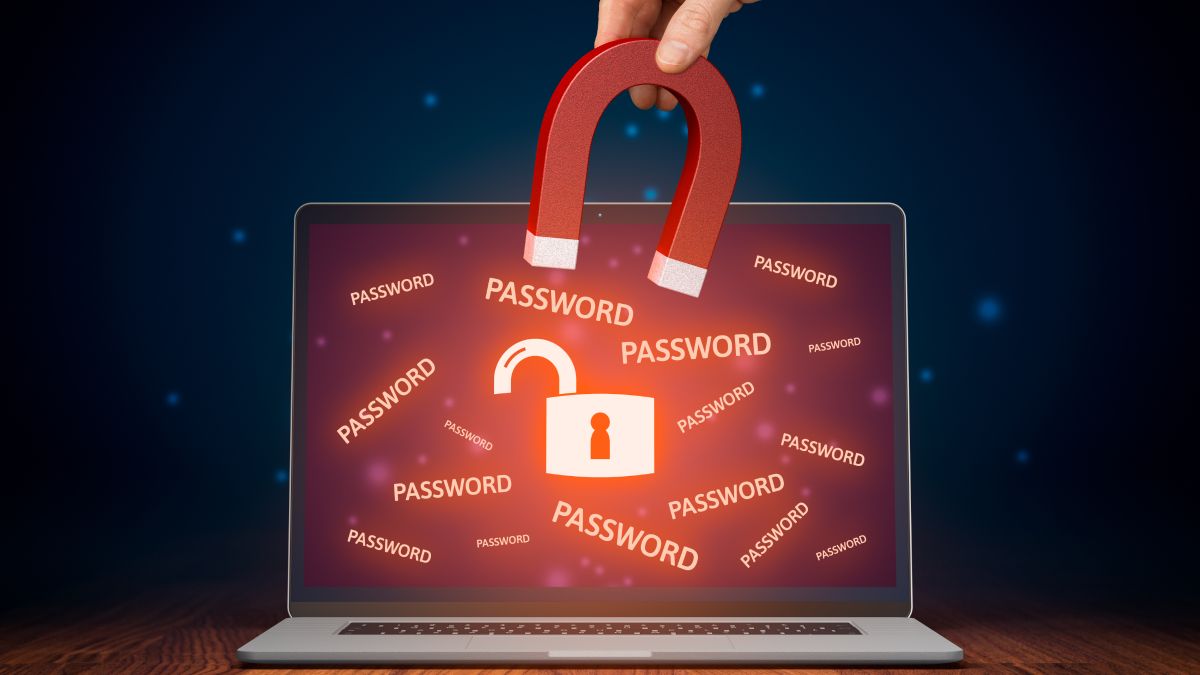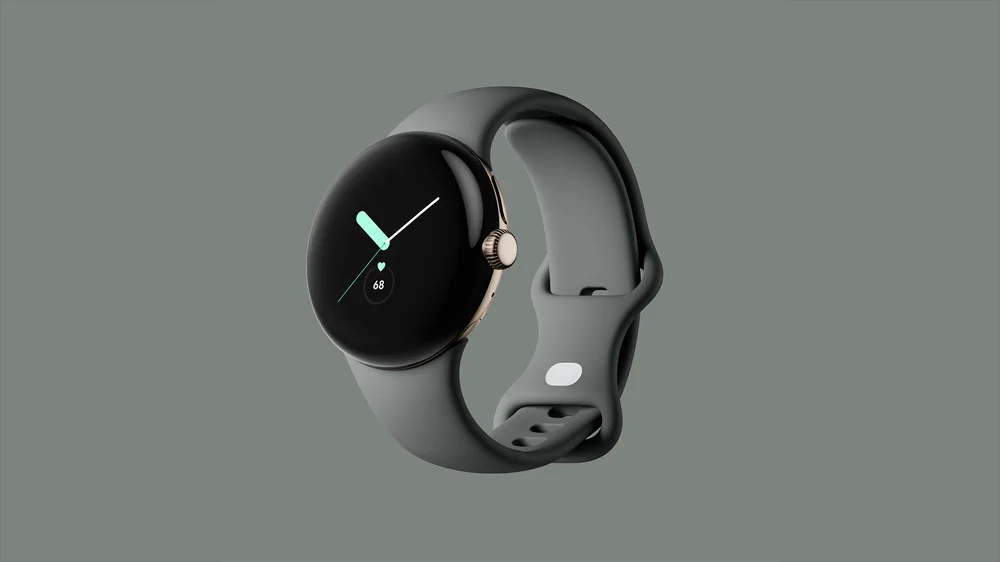Don’t put your security at risk: avoid these 10 bad habits with passwords

Internet security is very important to safeguard your information and prevent hackers from having access to personal data.
And one of the best protection weapons is to have a strong password, made up of letters, numbers, symbols and special characters.
However, there are people who have bad habits when protecting their privacy and security, so they do not give it the importance it really should, and one of them could be you.
There are mistakes that you are surely making with the use of passwords that you may not have known, and here we share the 10 most common ones.
Mistakes with your passwords that you should avoid if you don’t want to be hacked
Depositphotos
- Use personal information: One of the most common mistakes is using personal information in your passwords, such as your date of birth, the name of a family member or your address. This practice is dangerous because a hacker could easily access this data and act illicitly with it.
- Predictable keyboard sequences: Create passwords using characters that are next to each other on the keyboard, such as “123456” or the classic “QWERTY” are too predictable and therefore unsafe. Opt for a random combination, difficult to guess, but easy for you to remember.
- Reuse passwords: If you use the same password on your email, social networks and bank accounts, you could put your information at risk, it is a bad habit that you should avoid at all costs.
- Store your passwords on your computer: Saving your credentials in documents, emails or text files is a serious security mistake. If someone accesses your PC or email, they will have access to all your passwords. Instead, opt for password managers, such as 1Password or LastPass.
- Use weak passwords: We know that remembering a combination of letters, numbers, and special characters can be a challenge, but it’s imperative that you never use weak passwords, like “123“, “password” either “asdfghjkl“, by doing so, you are practically giving away your access to cybercriminals.
- Use old passwords: Keeping old passwords for a long time is a latent risk. If there is a data breach on a service where you have an account, you should change your credentials immediately. Change your password regularly to keep your account secure.
- Do not use two-step authentication: Multi-factor verification adds an extra layer of security to all your accounts. Where possible, enable this feature or you can opt to use dedicated apps such as Google Authenticator to generate temporary codes that you must enter along with your password.
- Share passwords: Never share your passwords with anyone, not even friends or family. Keep your credentials strictly confidential, otherwise you put the security of your accounts and your privacy at risk.
- Ignore security alerts: If a service alerts you to unusual activity on your account, don’t ignore it. These alerts could indicate unauthorized access attempts. Take immediate steps to ensure your account is secure, such as changing your password and reviewing recent account activity.
- Use passwords instead of access keys: It is important to mention that access keys are a more secure form of authentication than traditional passwords. These are linked to a specific device and are often generated through mobile apps. Consider using this option.
Internet security depends on you. It’s essential that you avoid these ten common password mistakes to keep your accounts safe and protect your personal data in an increasingly connected world.



